
Closer look: The designs of 2018 Pritzker Prize laureate Balkrishna Doshi
By Justine Testado|
Wednesday, Mar 7, 2018
Related
If you're not too familiar with 2018 Pritzker Prize laureate Balkrishna Doshi, the 90-year-old architect, urban planner, and educator is a major influence in shaping Indian architecture and urban living. Throughout his 70-year career, he has built public administrations, educational and cultural institutions, private residences, and more.
“My works are an extension of my life, philosophy and dreams trying to create treasury of the architectural spirit. I owe this prestigious prize to my guru, Le Corbusier. His teachings led me to question identity and compelled me to discover new regionally adopted contemporary expression for a sustainable holistic habitat,” Doshi said. “[W]ith all my humility and gratefulness I want to thank the Pritzker Jury for this deeply touching and rewarding recognition of my work. This reaffirms my belief that, ‘life celebrates when lifestyle and architecture fuse.’”
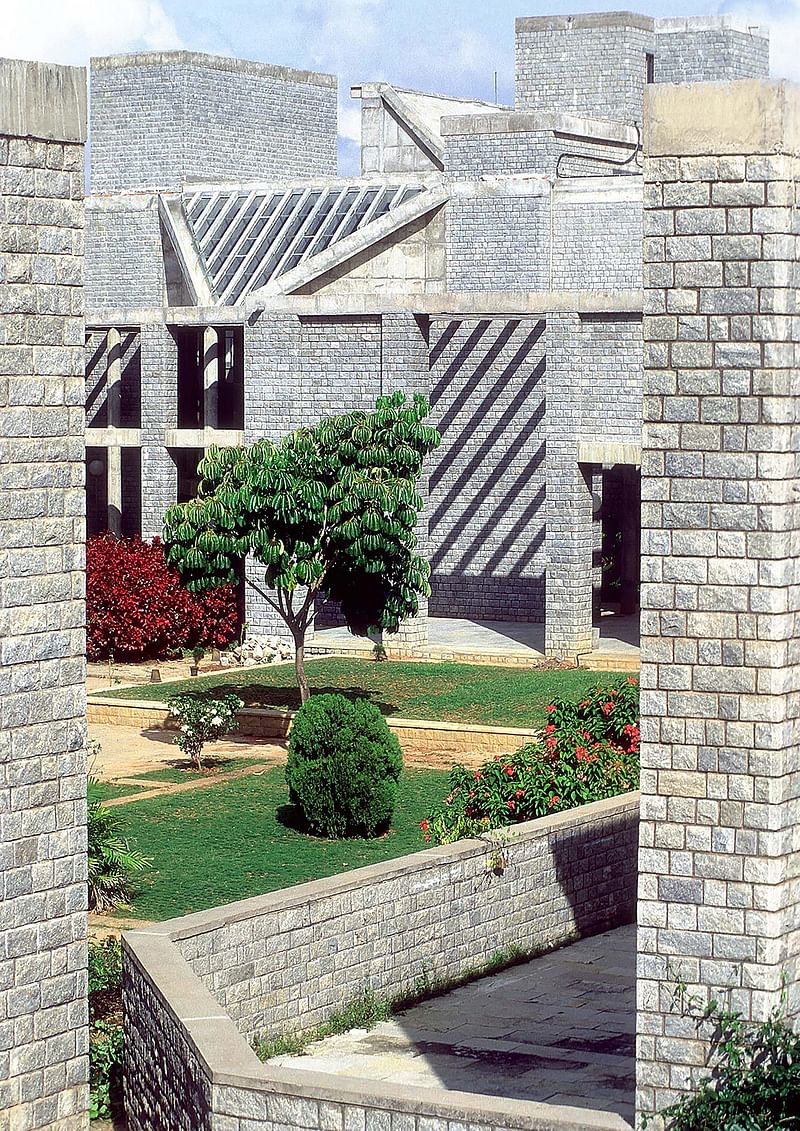
Studying at the J.J. School of Architecture, Mumbai and working alongside Le Corbusier and Louis Kahn, Balkrishna Doshi addresses function and basic human needs in his work, while poetically expressing an understanding of social traditions and Indian culture. Through material choices, overlapping spaces, and harmonizing elements, his designs pay particular attention to climate, landscape, and urbanization. Never a follower of trends, Doshi was praised by the Pritzker Prize jury for his “deep sense of responsibility and a desire to contribute to his country and its people through high quality, authentic architecture...”
“Every object around us, and nature itself—lights, sky, water and storm—everything is in a symphony,” Doshi says. “And this symphony is what architecture is all about. My work is the story of my life, continuously evolving, changing and searching…searching to take away the role of architecture, and look only at life.”
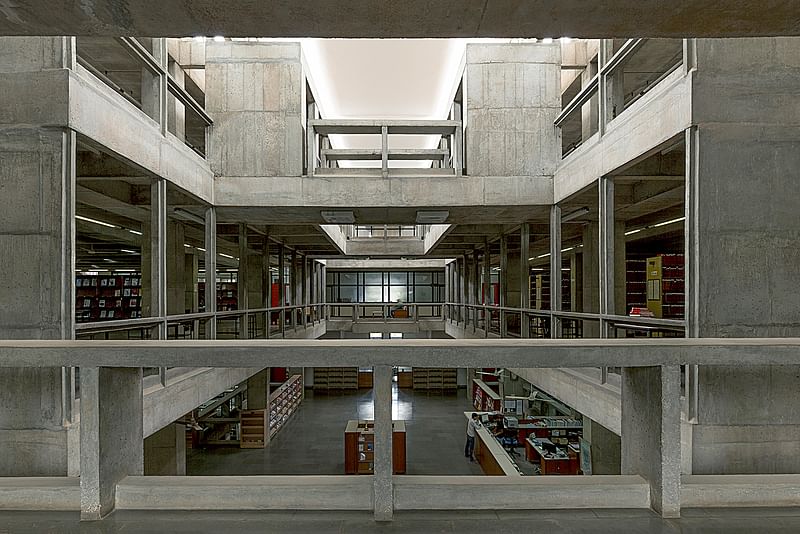
One of Doshi's notable works is the Indian Institute of Management in Bangalore (1977-1992). The mesmerizing building features interlocking buildings, courts, and galleries that were inspired by the traditional maze-like cities and temples in India. Filled with lush greenery, the building also provides a variety of spaces that offer protection from the hot climate.
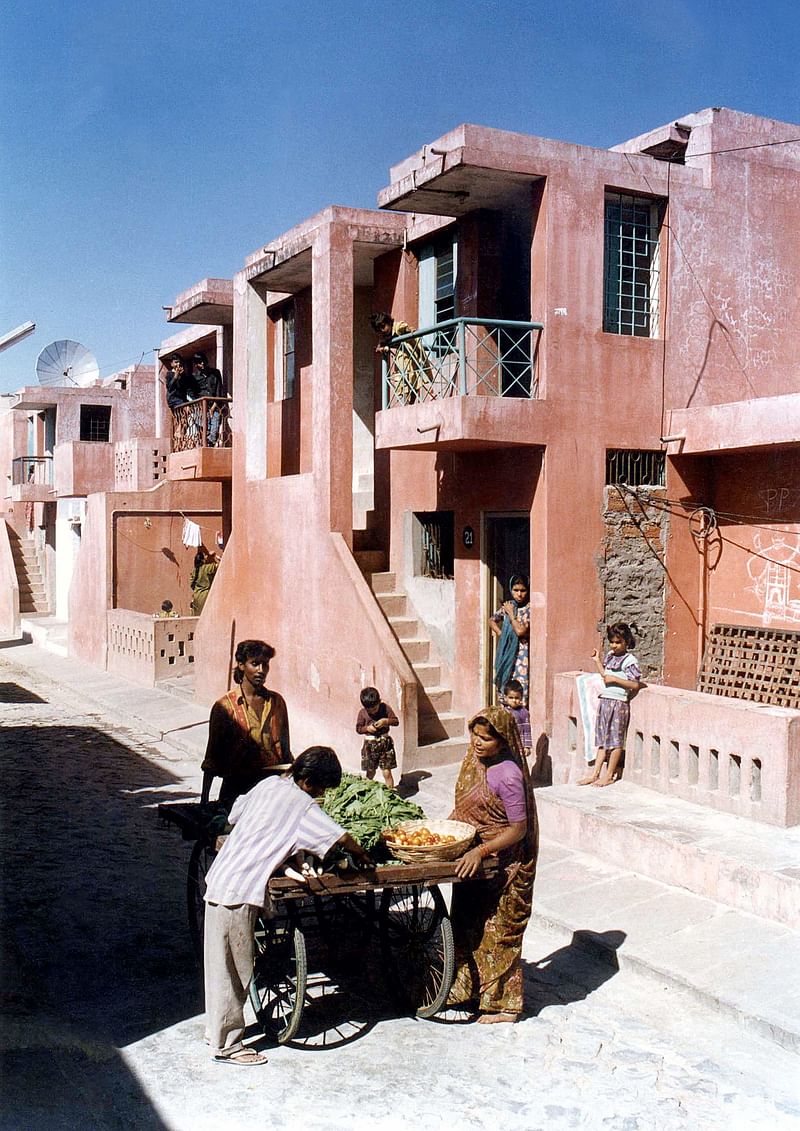
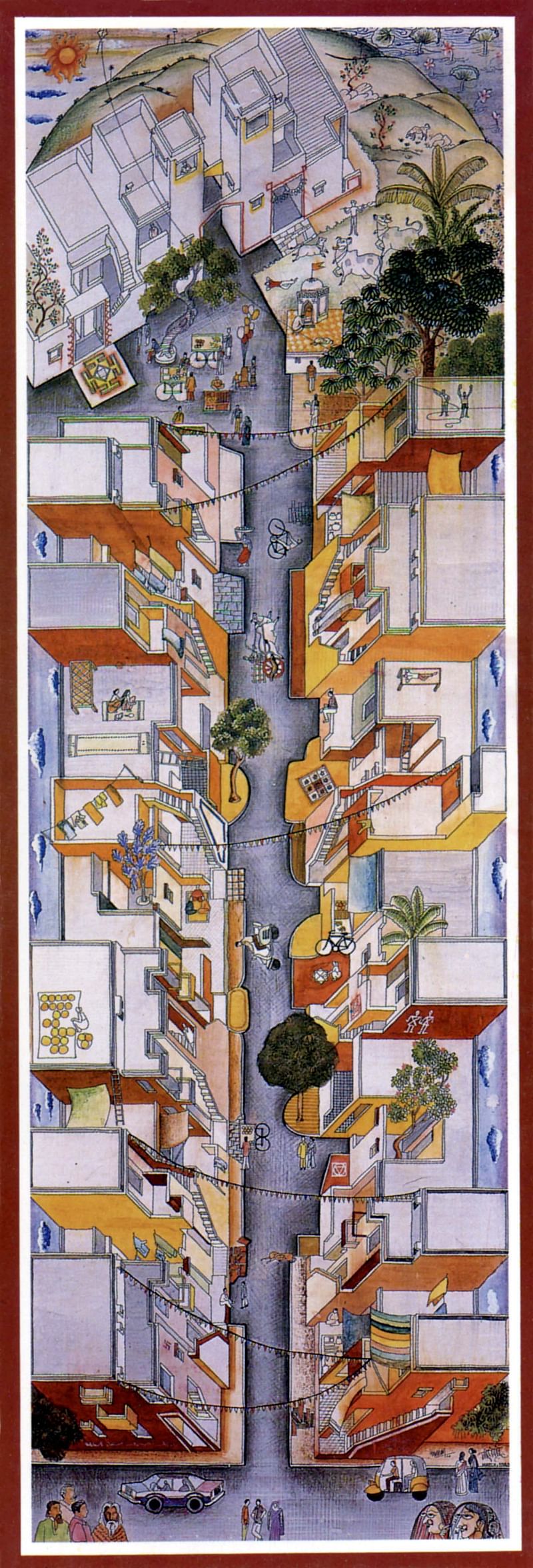
His work also includes pioneering low-cost housing and city planning projects that have helped enhance everyday living in his native India. The Aranya Low Cost Housing (Indore, 1989) project is a system of houses, courtyards, and labyrinth of internal pathways that comprises over 6,500 residences and currently accommodates over 80,000 people. Residences range from one-room units to spacious homes for low- and middle-income residents. Overlapping layers and transitional areas encourage adaptable living conditions.
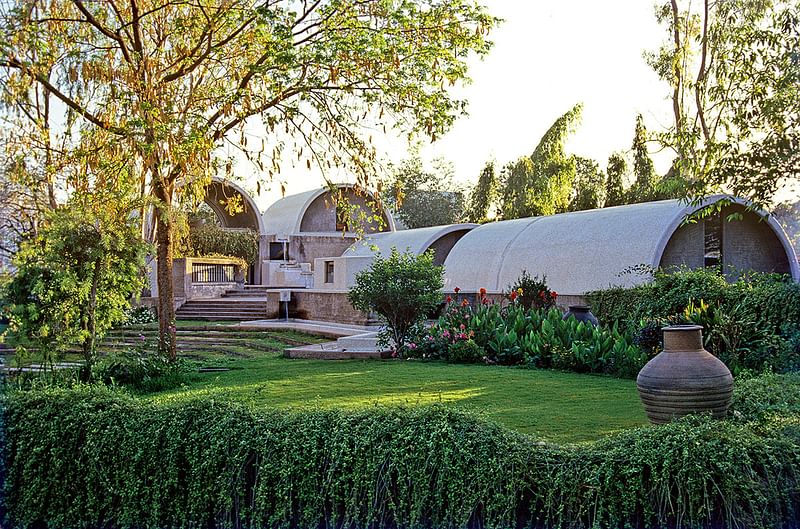
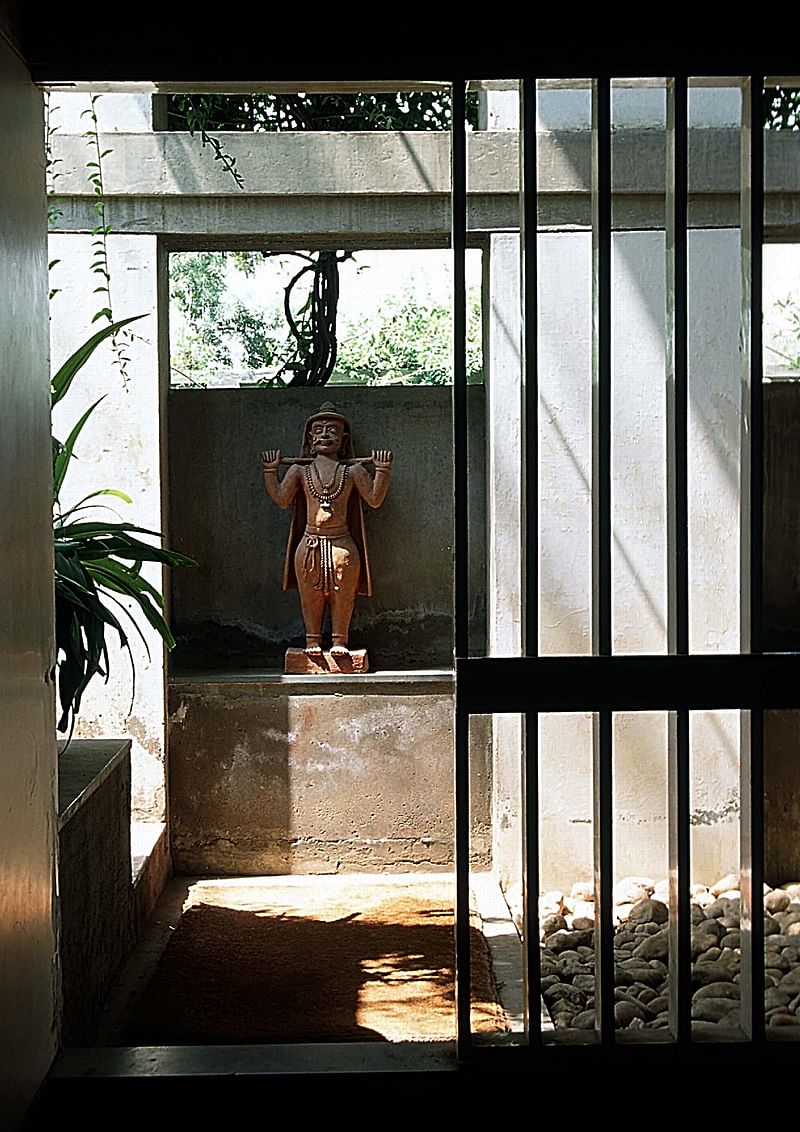
Expressing the collaborative nature of Doshi's designs, his studio, Sangath, in Ahmedabad (1980) translates to “moving together”. The building's vaulted roofs, porcelain mosaic tile coverings, grassy areas, and sunken spaces mitigate heat. It comprises communal spaces, a garden, and an outdoor amphitheater.

More notable works include the Centre for Environmental Planning and Technology (CEPT University) (Ahmedabad, 1966-2012); cultural spaces like the Tagore Memorial Hall (Ahmedabad, 1967), the Institute of Indology (Ahmedabad, 1962), and Premabhai Hall (Ahmedabad, 1976), and Amdavad Ni Gufa (Ahmedabad, 1994) — an underground, cave-like, ferro-cement art gallery that features the artworks of Maqbool Fida Husain.
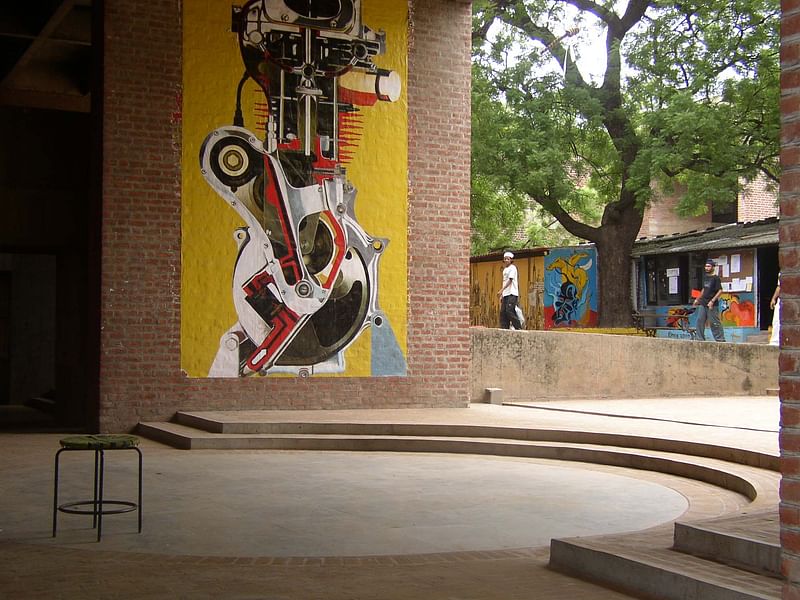
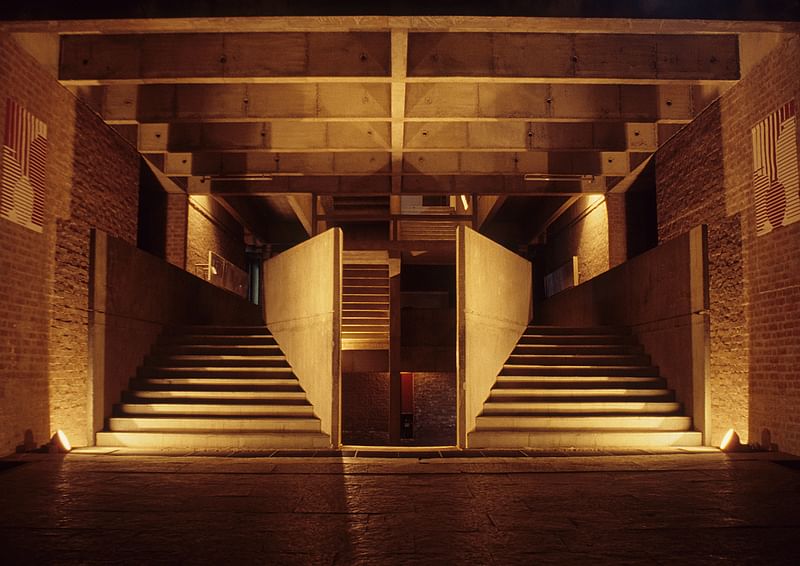
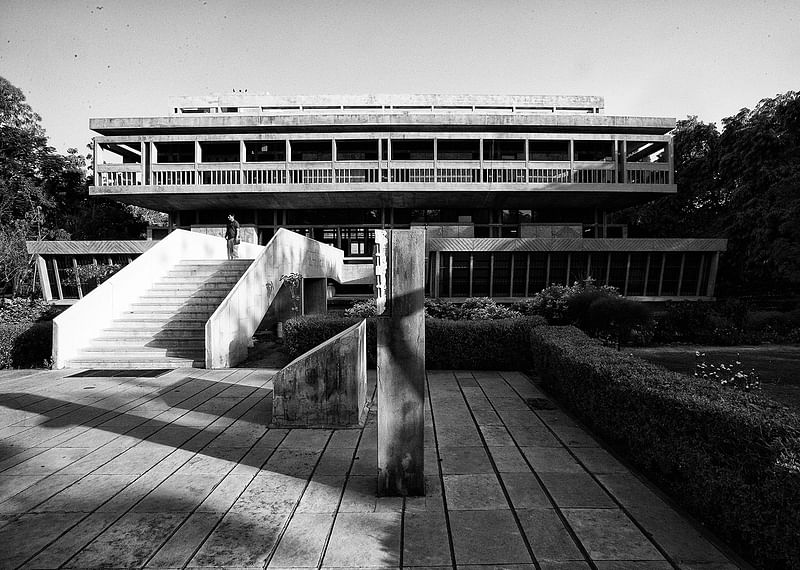
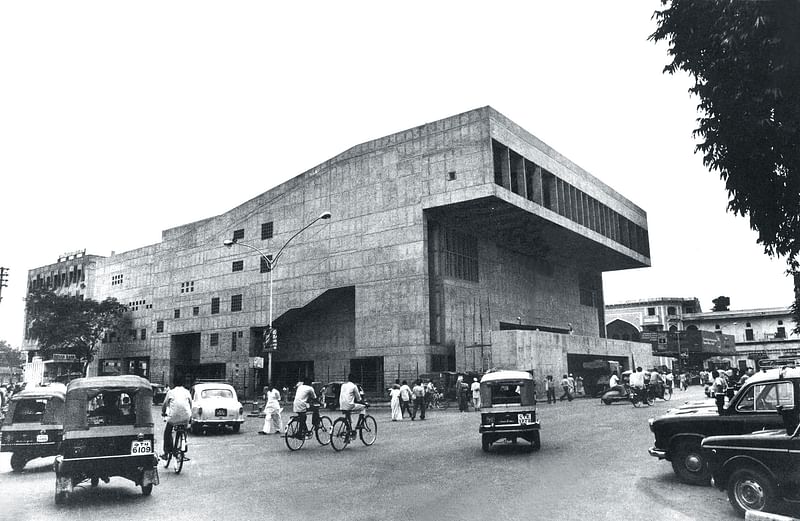
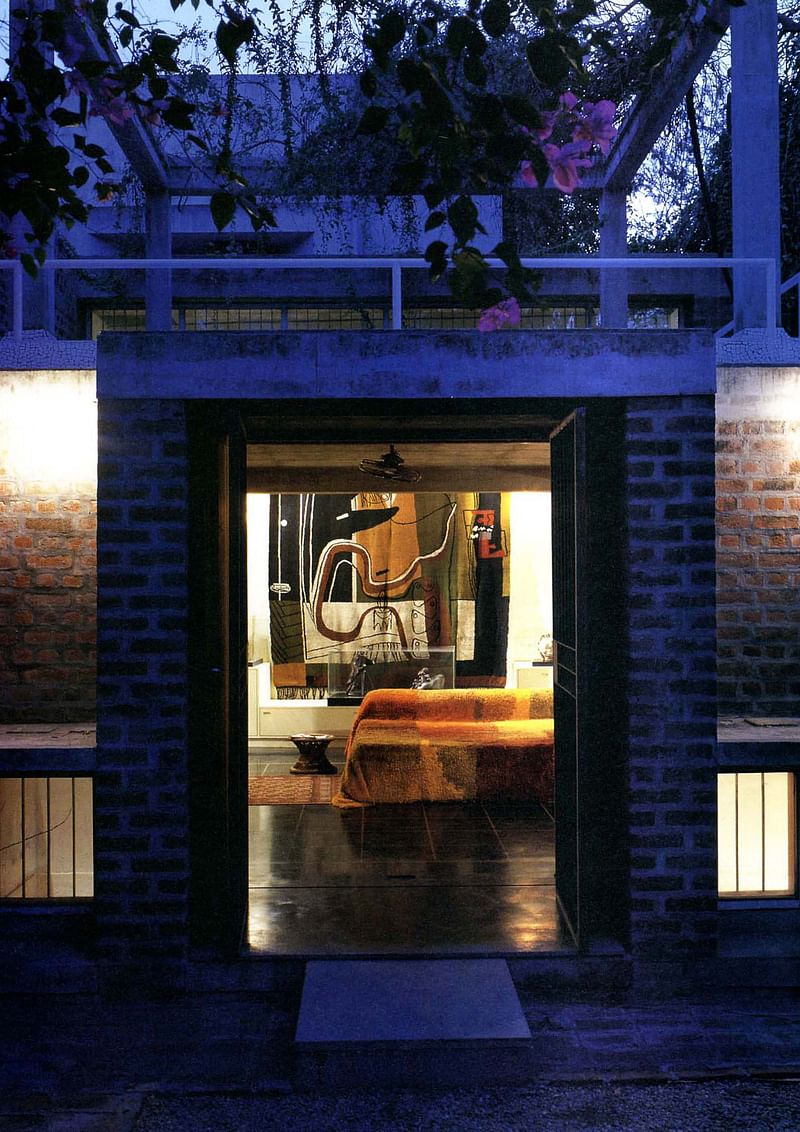
His other residential projects include the Vidhyadhar Nagar Masterplan and Urban Design (Jaipur, 1984) and Life Insurance Corporation Housing or “Bima Nagar” (Ahmedabad, 1973), and the Kamala House (Ahmedabad, 1963).
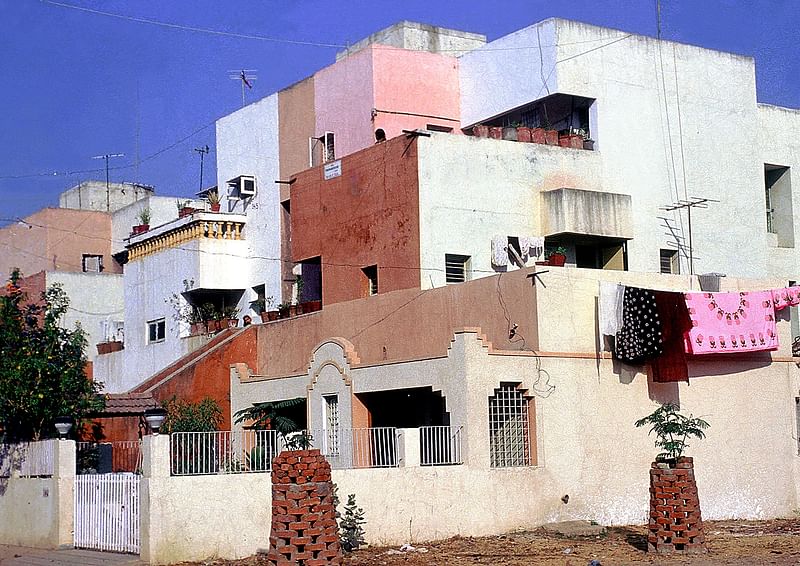
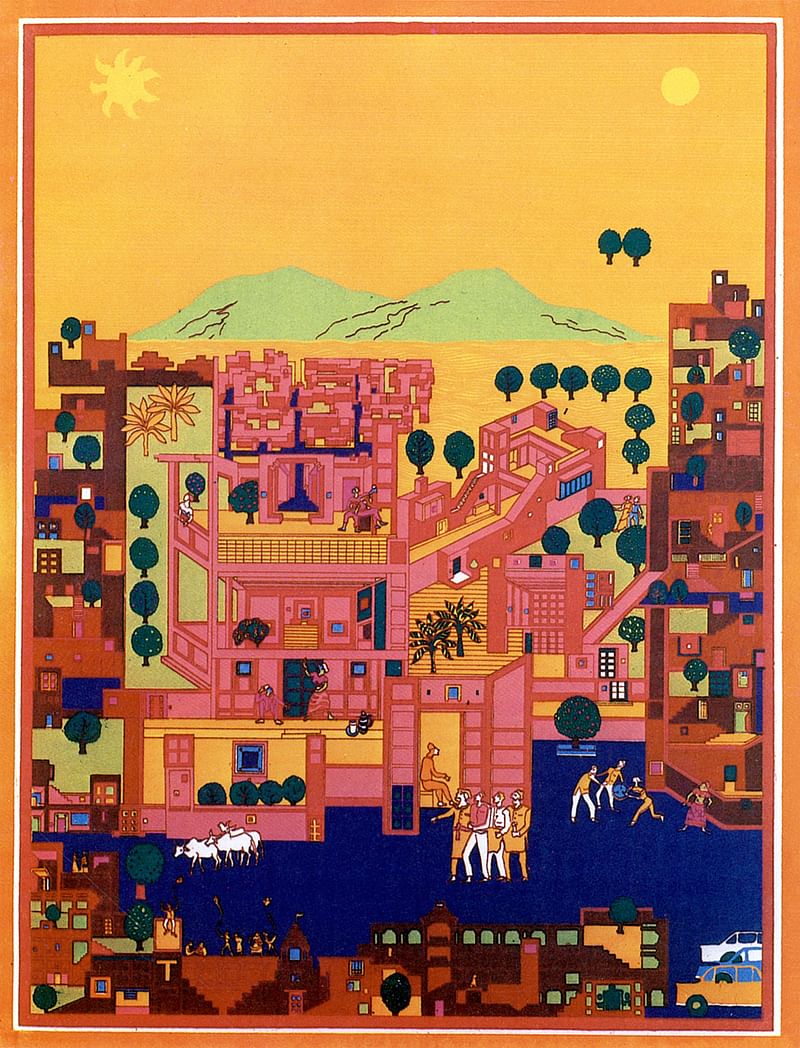
“The life’s work of Balkrishna Doshi truly underscores the mission of the Prize—demonstrating the art of architecture and an invaluable service to humanity. I am honored to present the 40th anniversary of this award to an architect who has contributed more than 60 years of service to us all,” Tom Pritzker said.
Marking the 40th anniversary of the accolade, the 2018 Pritzker Prize award ceremony will take place at the Aga Khan Museum in Toronto, Canada this May. Doshi will deliver a public lecture at the University of Toronto on May 16.
All photos courtesy of the Pritzker Architecture Prize.


Share
0 Comments
Comment as :